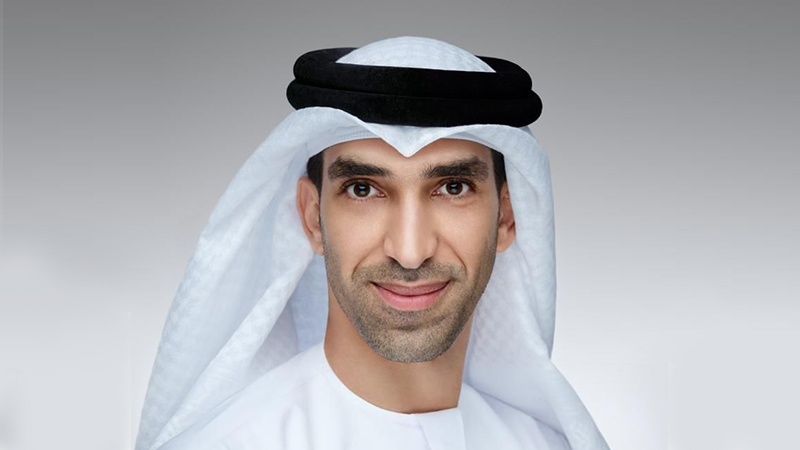Thani bin Ahmed Al Zeyoudi, Minister of State for Foreign Trade, United Arab Emirates, has praised the strategic partnership between the UAE and India, which constitutes a model of bilateral relations aimed at achieving sustainable development and common interests.
The UAE-India strategic partnership across various fields, including the Comprehensive Economic Partnership Agreement (CEPA), was only made possible by the unlimited support of the leaderships of the two countries, he said. The UAE-India CEPA would enable businesses to take advantage of a host of new benefits.
In statements to the Emirates News Agency (WAM) on the occasion of the visit of Indian Prime Minister Narendra Modi to the UAE, Al Zeyoudi said the visit was of particular importance as it coincided with the two countries celebrating the second anniversary of the signing of the CEPA on February 18, 2022.
The agreement, which entered into force on May 1 the same year, has significantly contributed to facilitating the flow of trade and investment between the two nations, and has also helped raise the level of cooperation and partnership to broader levels, he added.
Al Zeyoudi emphasised that India is the UAE’s second-largest trading partner globally, according to 2022 data, with non-oil trade between the two countries reaching US$51.4 billion, a growth of 15% compared to 2021 and more than 24% compared to 2019, with a share of 8.3% of the UAE’s total international non-oil trade. India is also the world’s leading destination for the UAE’s non-oil exports, with a share of 11% of the country’s total exports.
He said, “During the 17 months from the start of implementation of CEPA, to the end of September 2023, non-oil trade between UAE and India increased by 2.5% compared to the corresponding period of 2021/2022, and by 42.4% compared to the same period of 2020/2021, and by 54.8% compared to the same period of 2019/2020.”
Non-oil trade between the two countries reached $38.1 billion in the first nine months of 2023, the same figure recorded in the same period of 2022, Al Zeyoudi added. “The main commodities exchanged between the two sides have diversified, especially UAE exports like gold, jewellery, plastics, cement, petroleum oils and dates, which have achieved significant growth after benefiting from the provisions of CEPA.”
Al Zeyoudi explained that 7.4% of India’s international imports come from the UAE, which globally ranks second after China. “India also exports 6.9% of its international exports that are received by the UAE, which ranks second for Indian exports after the United States. The UAE is also India’s third-largest trading partner globally, with a 7.2% share of its non-oil foreign trade, and the first Arab country with a share exceeding one-third of India’s trade with Arab countries,” he said.
Al Zeyoudi also stated that the value of the UAE’s direct investments in India reached about $17 billion by the end of September 2023, making it the seventh-largest investor in India globally and the first Arab country with a 3% share of total foreign direct investment.
“Indian investments in the UAE reached $8 billion, ranking second globally with a 6% share of total foreign direct investment into the country. Thus, the value of the UAE-India mutual investments is $25 billion, 70% of which is from the UAE to India,” Al Zeyoudi said.


Leave a Reply